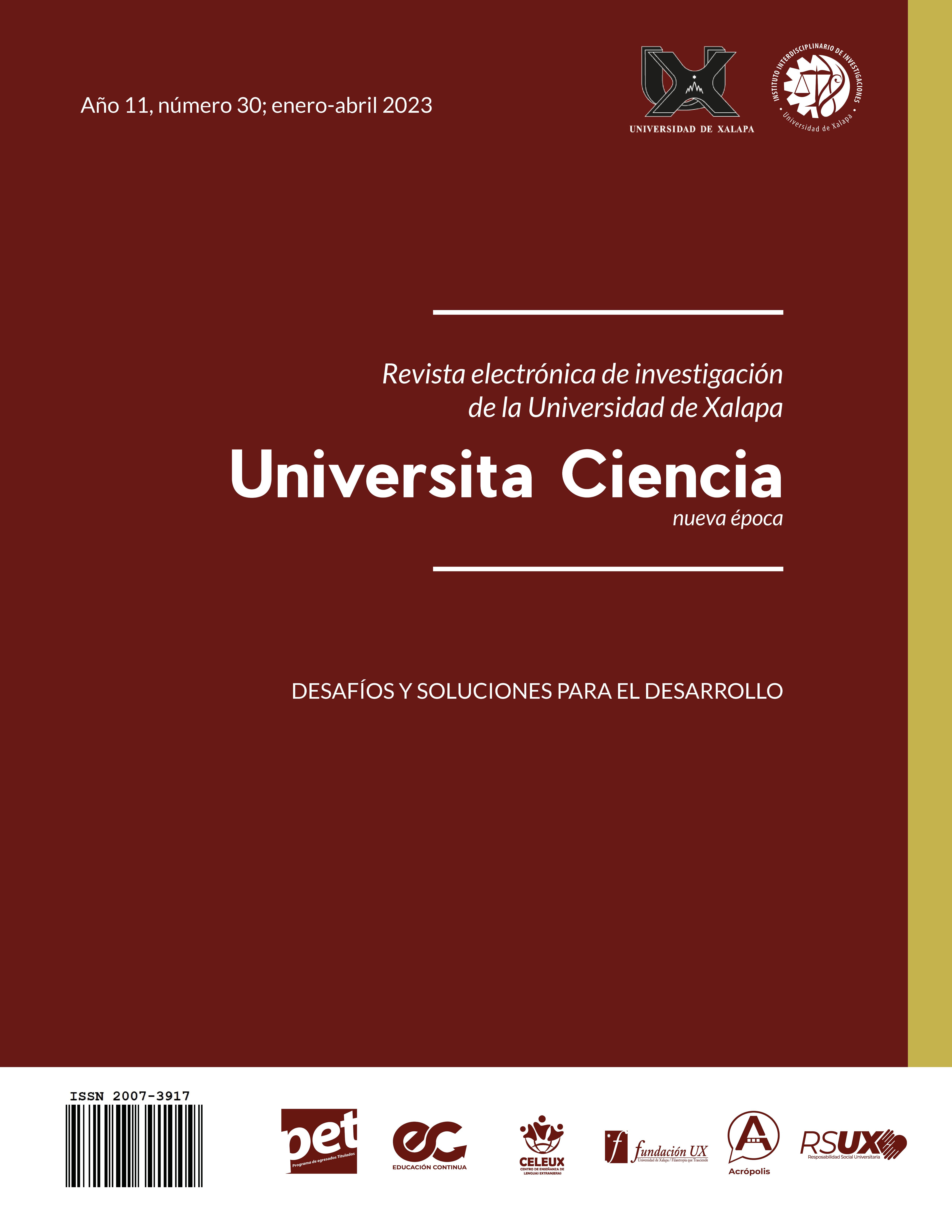I am the Law. A Philosophical Legal Reflection Based on the Film Judge Dreed and the Inquisitive Iuspositivism
DOI:
https://doi.org/10.5281/zenodo.7843138Keywords:
iuspositivism, rule of law, justiceAbstract
In the article they analyze the elementary aspects that the Rule of Law must contain, the jurisdictional exercise and
the application of the principle of legality exercised by the judicial and administrative authorities. Through a brief critique of the legal and social nature of the public institutions that make up the Mexican State, as well as the public servants that operate them, who on more than one occasion exercise an iron and bureaucratic iuspositivism, through which they hinder the functions of these institutions, preventing them from achieving the purposes for which they were designed. Thus, the film of Judge Dreed is used to establish the context and application of the so-called inquisitive iuspositivism within the Mexican system, and the way in which the principle of legality is left aside
in Mexican legal practice.
Metrics
References
Arendt (2017) Eichman en Jerusalén un estudio sobre la banalidad del mal. Lumen
Bayón, J. C. (2022). El lugar de la moral en el razonamiento jurídico y la dimensión institucional del derecho. Comentario a José Juan Moreso, Lo normativo: variedades y variaciones. EUNOMÍA. Revista En Cultura De La Legalidad, (22) DOI: https://doi.org/10.20318/eunomia.2022.6837
Cano, E. (2008), La evaluación por competencias en la educación superior. En Profesorado. Revista de Currículum y Formación de Profesorado, Vol. 12, Núm. 3, España: Universidad de Granada
D’Auria, A. (2008) Teoría y crítica del Estado. Eudeba.
Jiménez Cano, R. M., (2008) Una meta teoría del positivismo jurídico, Marcial Pons.
Kelsen H (2013) Teoría pura del derecho.Porrúa.
Rawls J (2017) Teoría de la Justicia. Fondo de Cultura Económica.
Tamayo, O. E., Zona, R., & Loaiza, Y. E. (2015). El pensamiento crítico en la educación. Algunas categorías centrales en su estudio. Revista Latinoamericana de Estudios Educativos. 11 (2), p.111-133 recuperado http://vip.ucaldas.edu.co/latinoamericana/downloads/Latinoamericana11(2)_6.pdf
Tesis aislada con número de registro 2024496 [Abril 2022] recuperado de https://sjf2.scjn.gob.mx/detalle/tesis/2024496
Tesis aislada con número de registro2024497 [Abril 2022] recuperado de https://sjf2.scjn.gob.mx/detalle/tesis/2024497
Published
How to Cite
Issue
Section
License

This work is licensed under a Creative Commons Attribution-NonCommercial-ShareAlike 4.0 International License.
This journal adheres to the Creative Commons license in the definition of its policy of open access and reuse of published material, in the following terms:
- Accessibility to articles and other publications in whole or in part under the concept of copying, distribution, public communication , interactive access (through the Internet or other means), explicitly maintaining the recognition of the author or authors and the journal itself (authorship acknowledgment).
- Warning that if the articles are remixed, modified or fragments used in other creations, the modified material cannot be distributed, nor is it allowed to reconstruct versions from the original published articles (derived works).
- The use of the contents of the published articles, in whole or in part, for profit (non-commercial recognition) is prohibited.
The author retains copyright, transfers or grants exclusive commercial rights to the publisher, and a non-commercial license is used.














